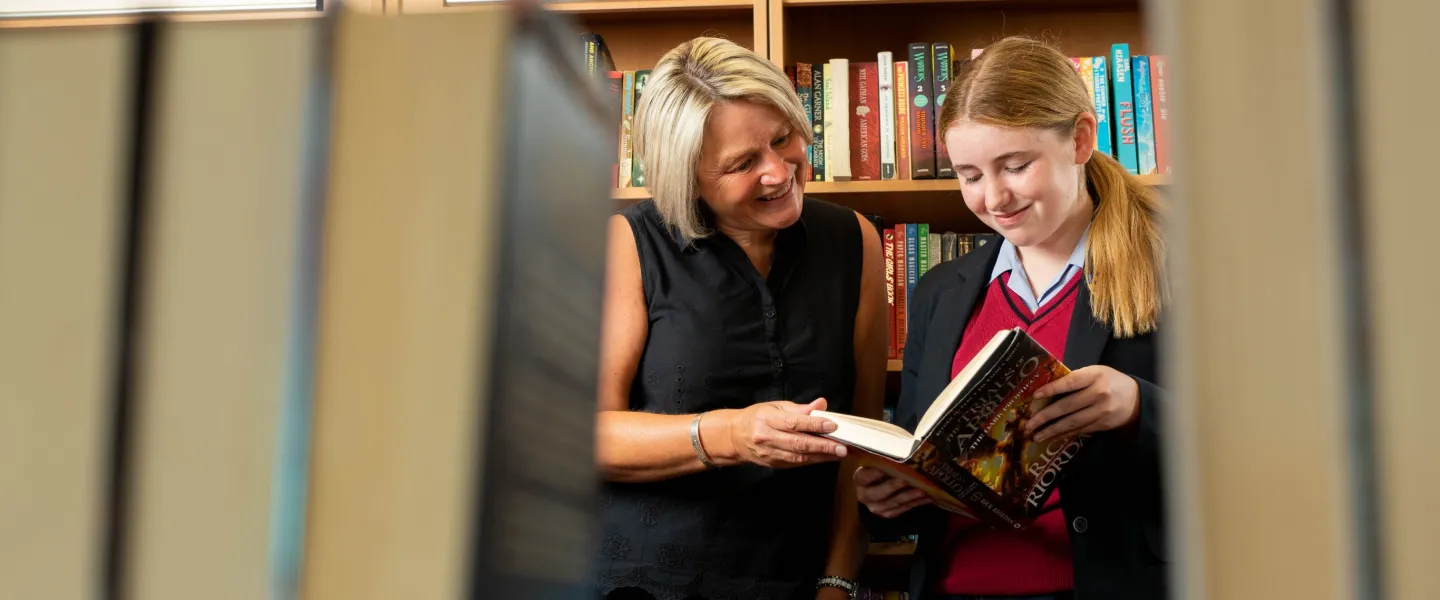Thursday 2nd March is World Book Day - a day which junior school parents across the country have come to dread as they frantically stick Hogwarts crests onto jumpers and gel hair into Horrid Henry spikes.
However it really should represent something much more meaningful to us - a celebration of the power of books. The written word has always had the potential to shock and provoke as the horrific attack on Salman Rushdie has demonstrated only too clearly.
More recently, public reaction to the revision of some of Roald Dahl’s most beloved classics has been mass indignation- after all, it’s a rare child that reaches adulthood permanently scarred by the BFG. The publishers, you’ll be relieved to hear, have not sacrificed their financial acuity in face of controversy - keen to capitalise on the fuss, they have hastily republished the ‘classic’ editions for those less likely to be offended.
Of course, it’s absolutely crucial that our library shelves are as inclusive as possible - every child deserves to be represented. It’s also crucial that we don’t censor student access to literature as it was written and designed to be read; just as we can’t rewrite history, we can’t, and shouldn’t, rewrite books to suit modern (over)sensibilities.
Who would deny a young reader the chance to be comforted by Enid Blyton, to be carried away by Agatha Christie or to be challenged by Shakespeare? It may sometimes be unsettling but what better safe space to learn about an imperfect world than a book? That's what reading does- it gives us a chance to develop and use our own judgement.
World Book Day should be the day when we embrace everything that reading can do for us, and that includes pushing boundaries and opening ourselves to new and different experiences. But censoring texts to fit in with the views of a nanny state? Someone should write a book about that.
